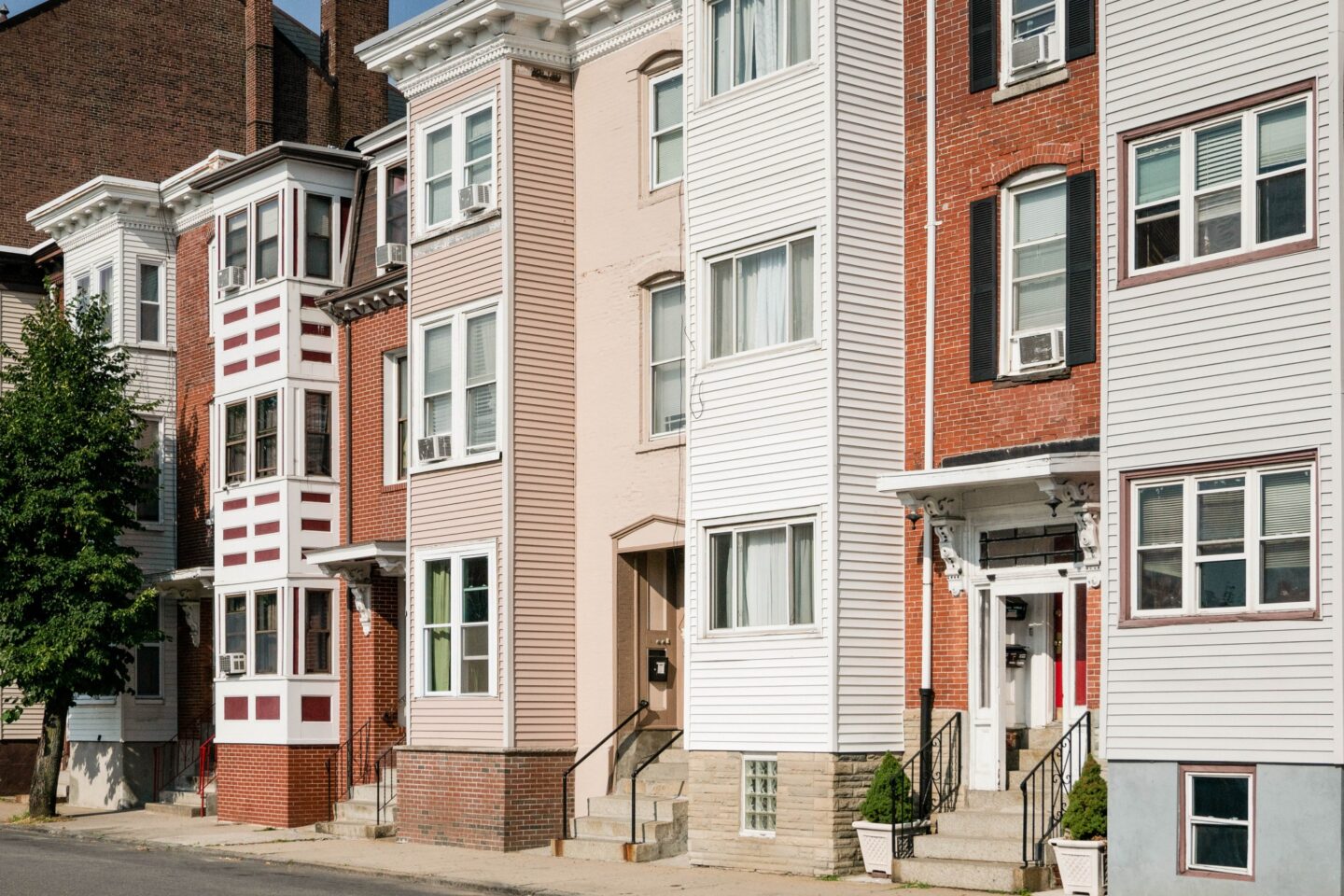How to Find Out If Your State Has Source of Income Protection Laws
An increasing number of state, county and local laws ban discrimination based on the source of renters’ income.


Written by Susan Kelleher on February 5, 2021
Finding affordable housing is a challenge for millions of renters even in the best of times. During tough times, more people may find themselves suddenly in need of help paying the rent.
Robin Richards, a 54-year-old renter from Far Hills, New Jersey is one such person. When Richards was no longer able to work due to medical reasons, she applied and was approved for the housing choice voucher program, also known as a Section 8, a federal program for rent assistance. “I was so lucky,” she says. The voucher “was a huge relief.'
But Richards' story didn't end there. Her landlord turned her away, informing her that he wouldn't accept her voucher.
If this situation applies to you, you should know that in a growing number of places, you cannot be discriminated against as a renter just because you receive housing assistance. In fact, in many places, it’s illegal to discriminate against a renter for any reason based on the source of their legal income, whether it’s Social Security, child support or palimony.
Zillow offers a quick way to check whether a rental is located in a city, county or state that bans income-based discrimination. Simply go to the rentals section of Zillow.com and type in the rental’s address. When the listing pops up, scroll down to the section titled “Local Legal Protections.” Click the box with the blue lettering that says “see more” to see the list of protections under “Housing.”
If the rental is in a locale that has laws to protect you from being unfairly evicted, denied housing or refused the ability to rent a home based on the source of your income, it will be marked with the word “Yes.” The tool also will tell you specifically whether the home you’re considering is covered by state or local anti-discrimination laws that include housing choice vouchers.
The legal protections section also includes information about local laws in place that protect fair and equal treatment in housing, employment and public accommodations based on sexual orientation and gender identity. (The information is typically updated monthly, so it will reflect the law as it existed since the last update. If you have questions about a specific law, you should consult an attorney or a legal aid organization.)
As of February 2021, 18 states, more than 90 cities and counties, and Washington, D.C. have passed source-of-income discrimination laws, which differ from place to place, according to the Poverty & Race Research Action Council.
Richards sought help from local social service workers to appeal her landlord's decision — and won. Learn more about her story here, and keep reading below for more on protecting your rights to housing assistance.
Knowing the law can help protect your rights
If you use a housing voucher or rely on sources of legal income other than a paycheck from a job, it’s important to know — and exercise — your rights under the housing laws.
The measures — called “source of income” laws — are designed to protect renters whose income derives from public assistance, or in many cases, any legal source. That may include:
- Social Security
- Child support
- Alimony or palimony
- Disability
- Government housing programs
If you feel you’ve been discriminated against based on the source of your income, contact your state or local civil rights or human rights agencies, or the attorney general’s office in your state or Washington, D.C.
The local agency that manages the housing vouchers may be able to refer you to agencies that can help. The National Fair Housing Alliance also provides a list of local fair housing advocacy organizations on their website.
Some of the programs provide a one-time financial boost while others provide monthly rent subsidies or permanent housing that may include support services for veterans and people who are chronically homeless.
Housing assistance comes in many forms
The federally funded Housing Choice Voucher program, often referred to as Section 8, is the largest and most well known among the programs. It pays rent subsidies for millions of households to private landlords through a network of 2,100 state and local public housing agencies across the country.
As of 2017, an estimated 5.3 million people in 2.2 million American households used a voucher; 68% were seniors, children, or people with disabilities, according to the Center on Budget and Policy Priorities.
Tenants in the program may pay a share of the rent, and the landlord receives the rest directly from the local public housing authority that runs the program. (Experts say a home is generally considered affordable if it consumes no more than 30% of your monthly income.)
The programs only work, however, if landlords agree to rent to people with vouchers. Federal law doesn’t require them to accept the vouchers, so states and localities stepped in to ensure renters aren’t discriminated against because they’re receiving assistance.
For detailed information about source of income laws and renter projections against discrimination, check out Zillow’s Renters’ Guide. A broad overview of the federal Fair Housing Act also can be found at the Housing and Urban Development’s website.
Find an apartment you’ll love on Zillow
With Zillions of up-to-date listings and filters for your must-haves, it's easy to find your perfect apartment on Zillow Rentals.
Search rentals


